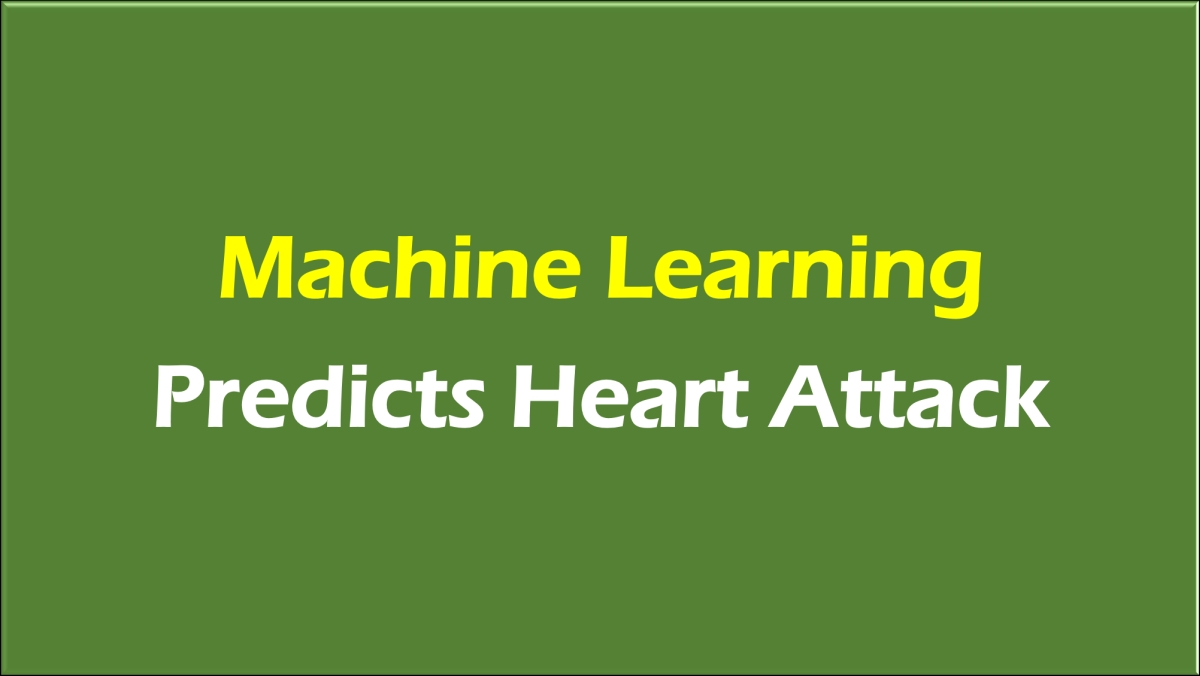Machine learning predicts heart attack and death from heart disease
Machine learning predicts heart attack and death from heart disease

Machine learning has been used to predict the long term risk of heart attack and death from heart disease in a study published in Cardiovascular Research from the European Society of Cardiology. They tested 1912 asymptomatic persons who underwent coronary calcium scoring as part of the EISNER (Early Identification of Subclinical Atherosclerosis by Noninvasive Imaging Research) study. The coronary calcium score is calculated using a low radiation CT scan which does not use a contrast medicine injection. It measures the amount of calcium in the blood vessels supplying oxygenated blood to the heart (coronary arteries). Higher scores predict blocks in these blood vessels. The same CT scan images were used to automatically measure the fat tissue surrounding the heart using a deep learning convolutional neural network. The fat tissue around the heart is known to be associated with blocks in blood vessels.
A special machine learning technique known as extreme gradient boosting (XGBoost) was trained with blood clinical risk factors, blood lipid levels, coronary calcium scores, calcium level in the aorta (largest blood vessel carrying oxygenated blood) and automated measurements of fat surrounding the heart.
Machine learning technique could predict heart attacks and death due to heart disease better than coronary artery calcium score and other established risk score known ASCVD (atheroscleroic cardiovascular disease) risk score, in this study.



